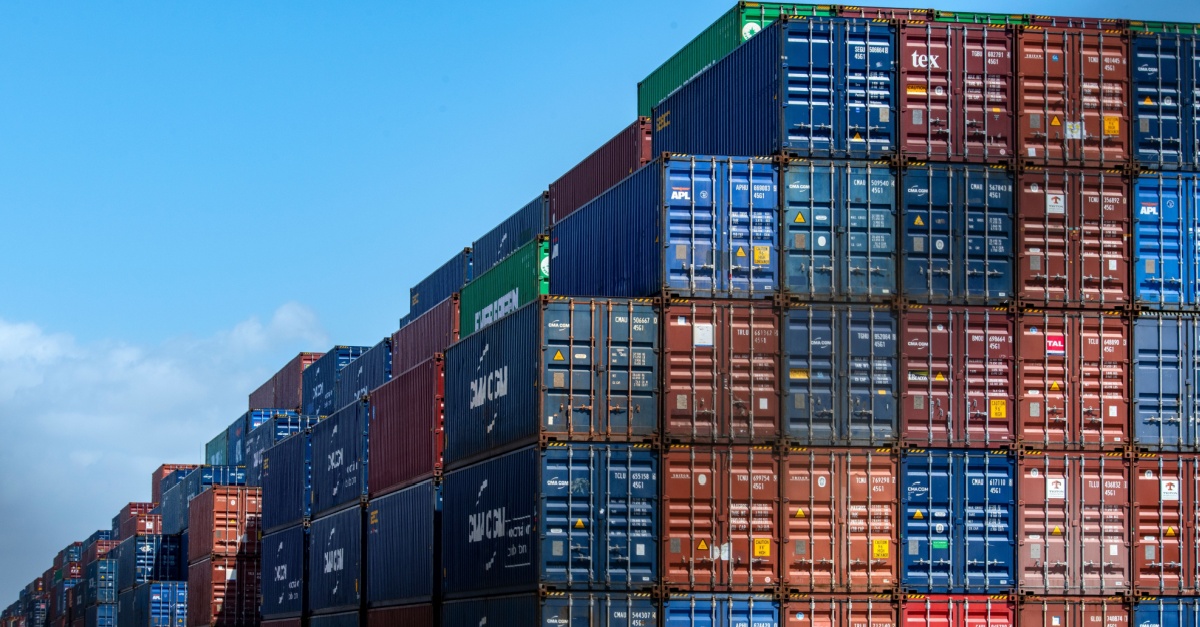Finding a great freight broker can sometimes be frustrating. They provide a much-needed service to the supply chain and trucking industry. Linking a suitable, reliable carrier with a shipper in need is what a freight broker does. However, smaller fleets go to the back-burner, and shippers sometimes find it challenging to obtain a hardworking, dependable carrier. The key to a win-win scenario lies in selecting the right broker to prevent those frustrations. And the growth of the global freight brokerage market is astounding. As explained by Valuates Reports, “in 2019, The Worldwide Freight Brokerage market size was $56.8 billion and it is expected to reach $81.4 billion by the end of 2026, with a CAGR of 5.2% during 2021-2026.” Thus, it’s critical for shippers to know a few things about how to find the right broker, a top-quality service provider that truly understands your needs and is ready when capacity tightens.
1. Start With FMCSA Data on Freight Brokers and Carriers
Starting with FMCSA data on brokers and carriers should be the first step to finding a solution that meets a shipper’s needs. The Federal Motor Carrier Safety Administration (FMCSA) provides licensure to the appropriate carriers, and it is important to monitor carriers for changes to such licensure over time.
2. Focus on Convenience and Flexibility
The primary value of hiring a broker is centered around convenience and flexibility. Shippers need more flexible options due to inconsistent circumstances for owning small businesses or businesses that ship directly to customers. And of course, disruption is the 800-pound gorilla in the room. Regardless, convenience often means carriers can be more expensive, especially for those last-minute shipping needs. And brokers can help to mitigate those risks and issues around the clock and throughout the year.

3. Think About the Cost Versus an In-House Fleet or Sourcing Strategy
The cost of carriers remains a determining factor for medium to small business owners. This can lead to choosing the cheapest carrier, which may lead to service issues. Sometimes, investing in those that cost a fraction more can be the difference in successfully making on-time deliveries. Hiring a freight broker could lead to savings by allowing for a better networking partnership and reducing your hassle in finding capacity. In-house fleets may be out of the question for the smaller shippers too. So it’s all about sourcing and determining whether to manage logistics in-house or externally via a brokerage.
4. Ensure the Broker Maintains Proper Documentation and Insurance
The most important feature of a freight broker is the proper licensure, documentation, and insurance. By not doing the due diligence to check for proper licensure could lead to many delays that could cost you in the long run. Even worse, failures to maintain proper documentation could shut down the broker and result in civil and criminal penalties in the future, not to mention suspicion and limited carrier contract points for the broker. In turn, that amounts to more risk to your business. However, choosing a brokerage that carries the proper credentials eliminates that risk.
5. Look for Brokers Versed in Multi-Modal Transportation
One benefit of working with a broker well versed in multi-modal transportation is that it opens up the opportunity to ship cross-border, last mile delivery, and overseas. Expanding that opportunity by enabling end-to-end and multimodal optimization can help reduce total costs and improve throughput.

6. Think About the Ease of Use for Tendering Loads to Brokers
Another feature to consider is the ease of use for tendering loads to brokers. This refers to the formal requesting of carriers for each shipment. No one wants a longer-than-needed process to waste more time. And the ease of tendering, whether sending the load data to the brokerage within a platform or leveraging automation in some form, is essential to making the most of the business relationship.
7. Ask Around to Learn More About the Broker’s Reputation With Truckers, Carriers, and More
The easiest way to find a good freight broker is by word of mouth. Reputation can lead to a lot of business or kill it altogether. Often, shippers already know who they use. Make connections to make this easier for you and your business. But do not discount those that are new and upcoming. The newest brokerages, much like Wicker Park Logistics, could have the technologies and skills that older brokerages have yet to implement.
Ensure You Have the Right Broker by Partnering With Wicker Park Logistics
Ensuring the right freight broker is hired is made easier when partnered with the right logistics company. There are many to look for, mostly from their reputation. Choose the best freight broker, and you will be on your way to cost-effective transport. Connect with Wicker Park Logistics to get started with a better strategy for freight transportation procurement today.















